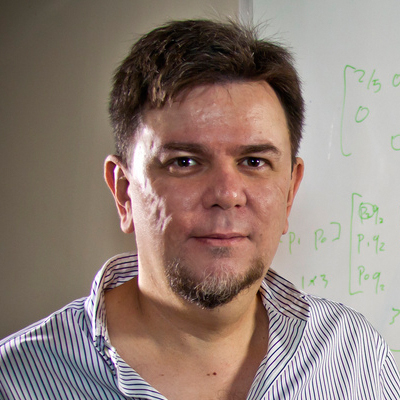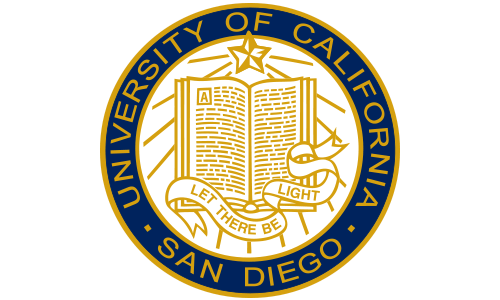Increasing efficacy in solar power plants
Cloudy skies can slow down solar energy farms. But what if there was a system to track clouds and make solar power plants more efficient? Dr. Carlos Coimbra and his team at Coimbra Energy Group at University of California, San Diego believe they have found that solution. His team is the premier research team in renewable energy. They specialize in the development of solar power farms and their main objective is to find ways to make solar plants run more efficiently. His current research focuses on the development of high fidelity, evolutionary forecasting engines for renewable energy integration. A field of study that lies at the intersection of Artificial Intelligence, Meteorology, Applied Mathematics and Renewable Energy Technologies.
- Coimbra Energy Group's primary research goal is to develop the highest-fidelity forecasting engines for variable energy resource integration, focusing mostly on solar and wind generation.
- The Group uses a diverse network of solar observatories to harvest valuable ground data to be used in forecasting.
- Coimbra aims to develop forecast engines that span the whole spectrum of temporal horizons and spatial resolutions. Renewable energy sources are the way of the future. Tracking the sky to get the most out of reusable energy will allow cost-saving alternatives to current means of capturing energy and it may also help communities track weather and prepare for future weather disasters.
Bio
Professor Coimbra is originally from the south of Brazil.
Before coming to UC San Diego, he was an associate professor and founding Chairman of the Mechanical Engineering and Applied Mechanics graduate program at UC Merced from 2006 to 2011.
He joined the Jacobs School of Engineering at UC San Diego in July 2011, and is now the Co-Director of the UCSD Center for Excellence in Renewable Resource Integration (CERRI) and the Faculty Director of the IDEA Student Center.
In 2004, Professor Coimbra received the Chancellor's Citation for Meritorious Teaching at the University of Hawaii-Manoa, the highest teaching award bestowed by the Manoa campus in recognition of faculty members who have made significant contributions to teaching and student learning.
Coimbra Energy Group's primary research interests are: Atmospheric Radiation and Cloud Physics; Fluid Mechanics, Heat and Mass Transfer; Pattern Recognition; Stochastic Learning Methods; Fractional and Variable Order Methods; Nonlinear Chaos Dynamics; Optimization and Regression Methods, and Image Processing.


